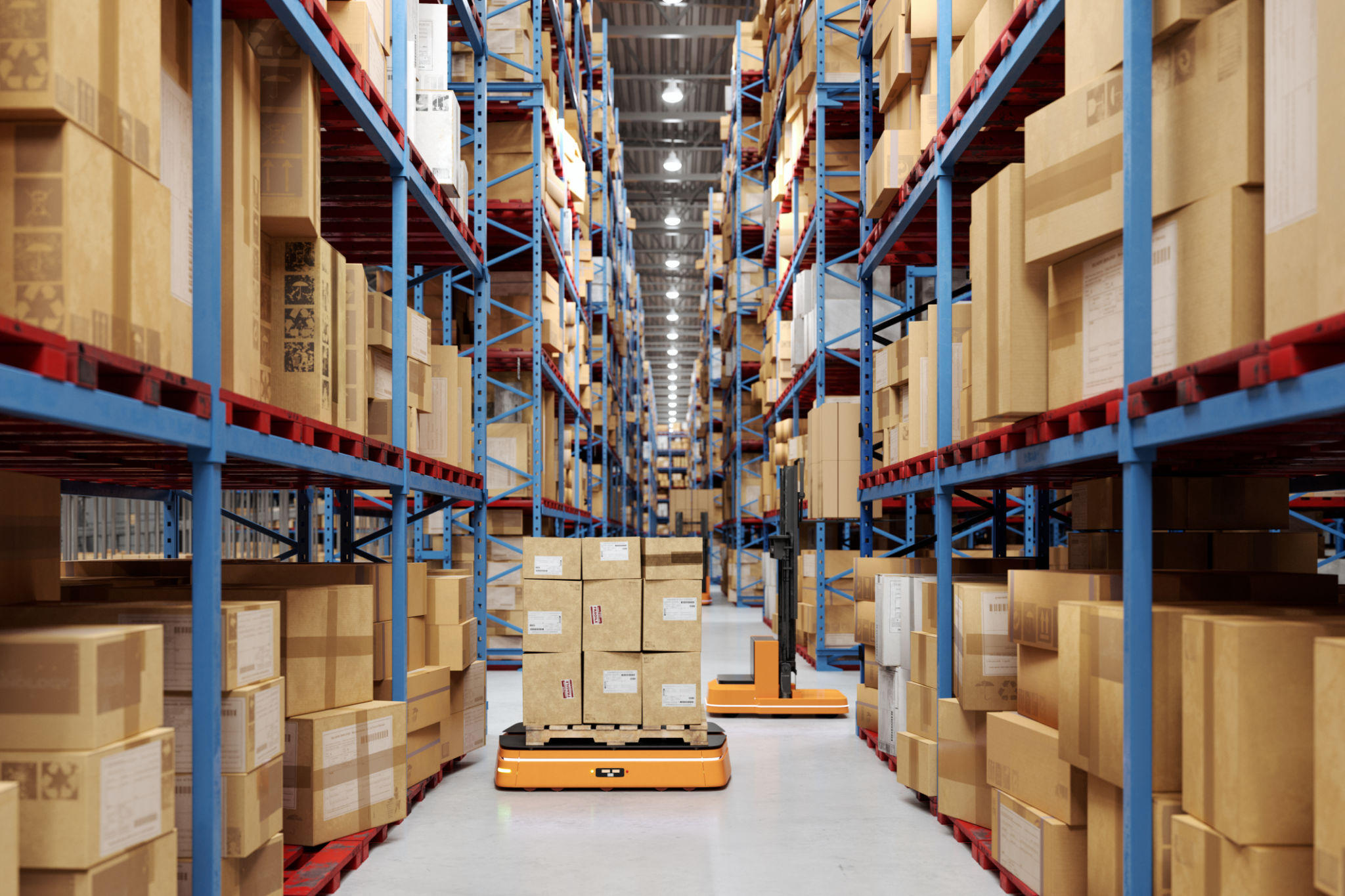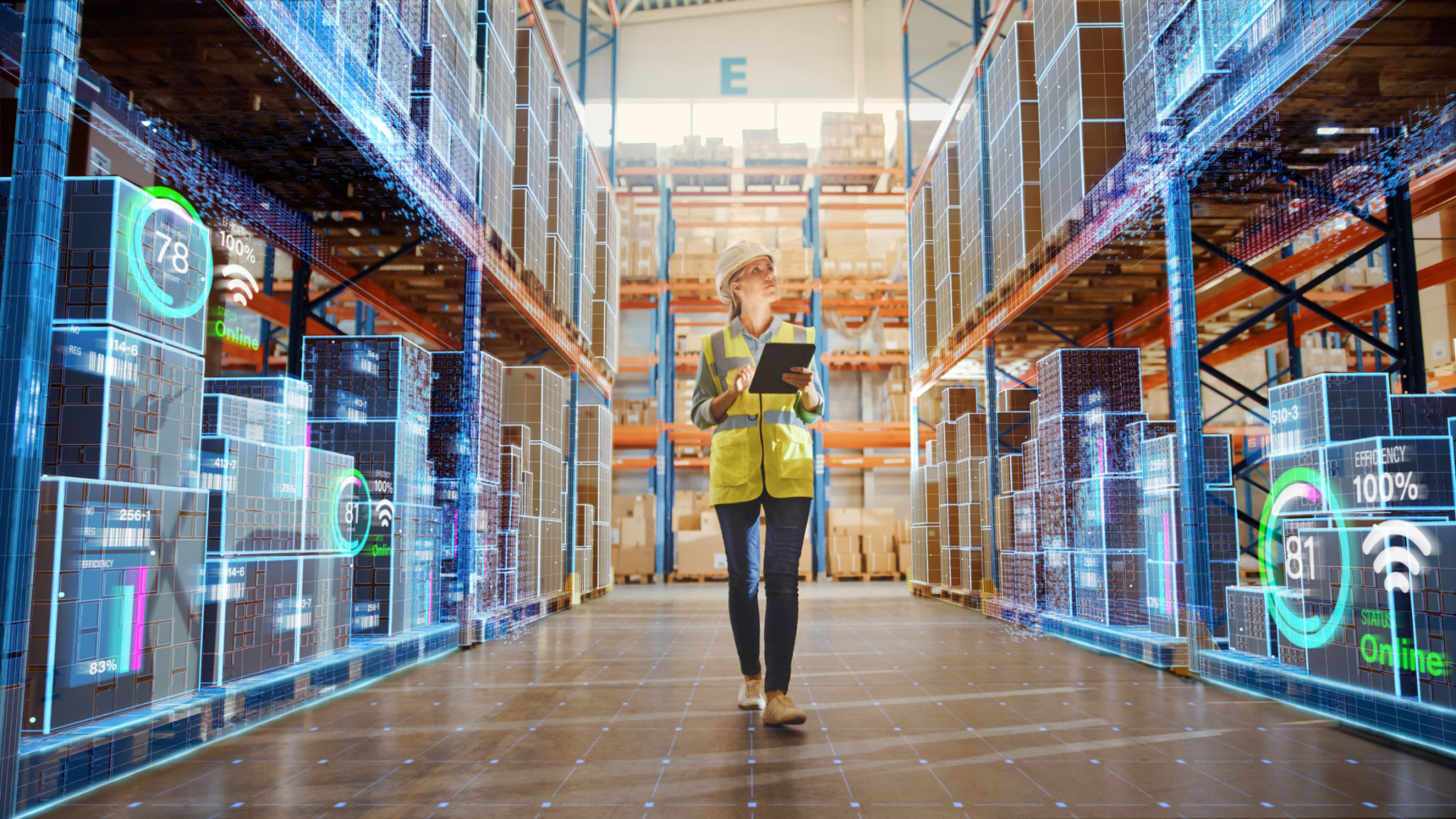The Future of Freight: How Innovative Logistics Technology is Transforming Transport
Introduction to the Future of Freight
The logistics industry is undergoing a transformative period, driven by technological advancements that promise to revolutionize the way goods are transported. As we look towards the future of freight, innovative logistics technology is set to play a pivotal role in enhancing efficiency, reducing costs, and minimizing environmental impact.
From automation to data analytics, the logistics sector is embracing change at an unprecedented pace. These innovations not only streamline operations but also reshape the competitive landscape, offering new opportunities for growth and improvement.

Automation: The Backbone of Modern Logistics
Automation is a key component in the evolution of freight transport. With the rise of autonomous vehicles and drones, companies can now deliver goods faster and more efficiently. These technologies reduce reliance on human labor, allowing for 24/7 operations and significantly lowering operational costs.
Moreover, automated systems in warehouses, such as robotic picking and packing, enhance accuracy and speed. This level of efficiency ensures that supply chains remain robust even in the face of unforeseen disruptions.

Data Analytics: Driving Informed Decision-Making
The ability to harness data effectively is transforming logistics management. Advanced data analytics tools provide real-time insights into supply chain operations, enabling businesses to make informed decisions. By analyzing patterns and trends, companies can optimize routes, manage inventory levels, and predict demand more accurately.
Furthermore, data analytics help in identifying inefficiencies and potential risks in the supply chain. This proactive approach not only improves service delivery but also enhances customer satisfaction by ensuring timely deliveries.

Environmental Impact: A Greener Future
As concerns about climate change continue to rise, the logistics industry is increasingly focused on sustainability. Innovative technologies are paving the way for greener transport solutions. Electric vehicles and alternative fuels are gaining traction, reducing carbon emissions significantly.
Additionally, smart logistics solutions help minimize waste by optimizing load capacities and reducing unnecessary trips. Companies are adopting eco-friendly practices not only to meet regulatory requirements but also to appeal to environmentally-conscious consumers.
Blockchain: Enhancing Transparency and Security
Blockchain technology is revolutionizing the way information is shared across the supply chain. By providing a decentralized ledger, blockchain ensures that all parties have access to accurate and transparent data. This enhances trust among stakeholders and reduces the chances of fraud.
Furthermore, blockchain facilitates smoother transactions by eliminating intermediaries and streamlining processes. This increased efficiency is crucial in a global economy where speed and reliability are paramount.

Conclusion: Embracing the Future
The future of freight is undeniably exciting, with innovative logistics technology set to transform every aspect of transport. As businesses adapt to these changes, they must remain agile and open to new ideas and solutions.
By embracing technological advancements, companies can not only improve their operations but also contribute positively to the global economy and environment. The journey towards a smarter, more efficient logistics industry has only just begun, and the potential benefits are limitless.
